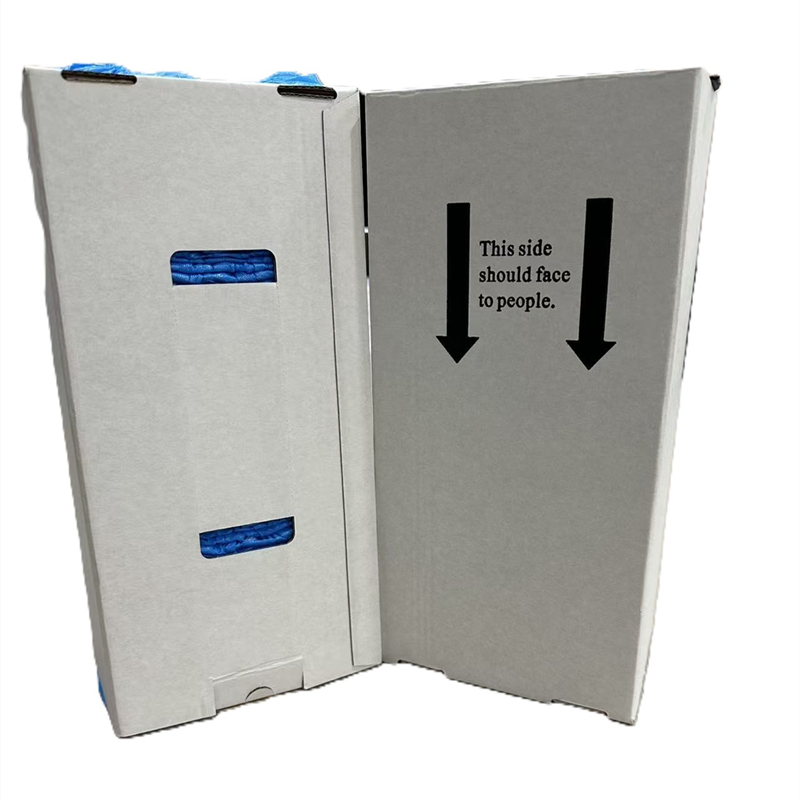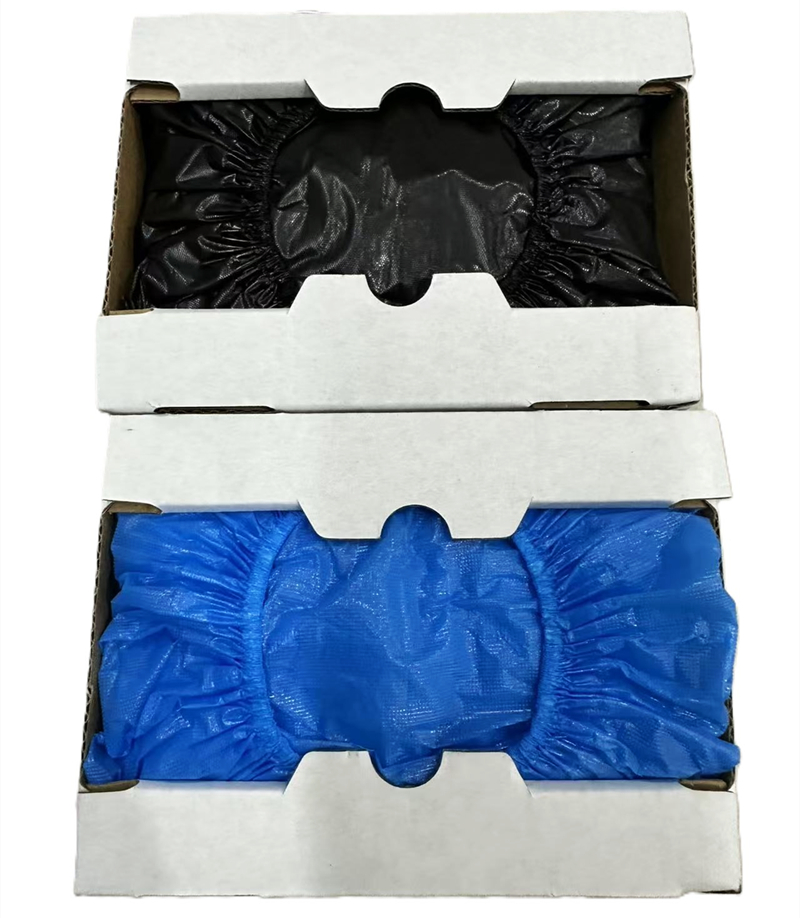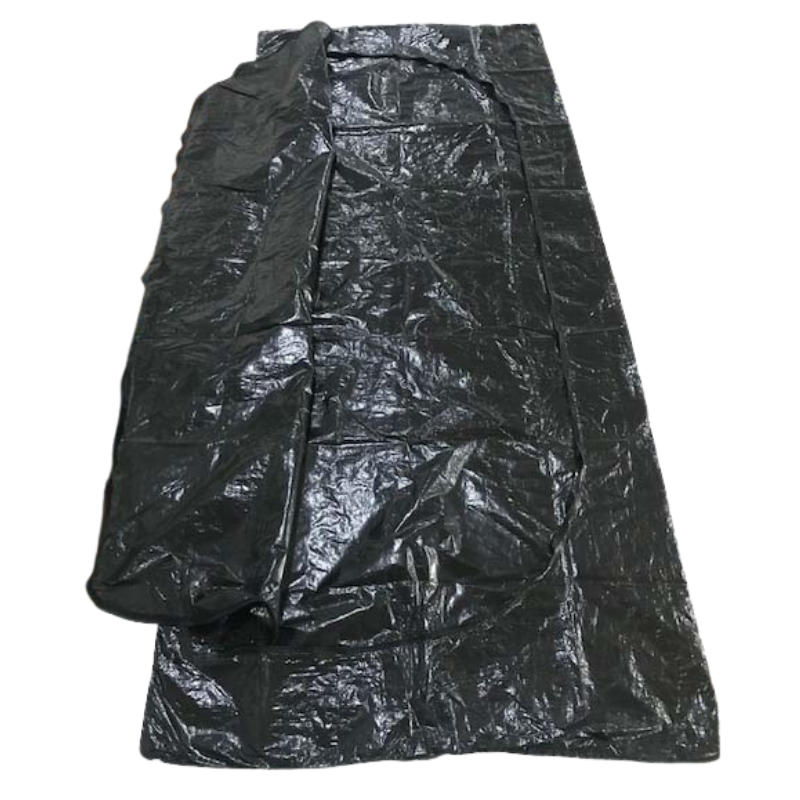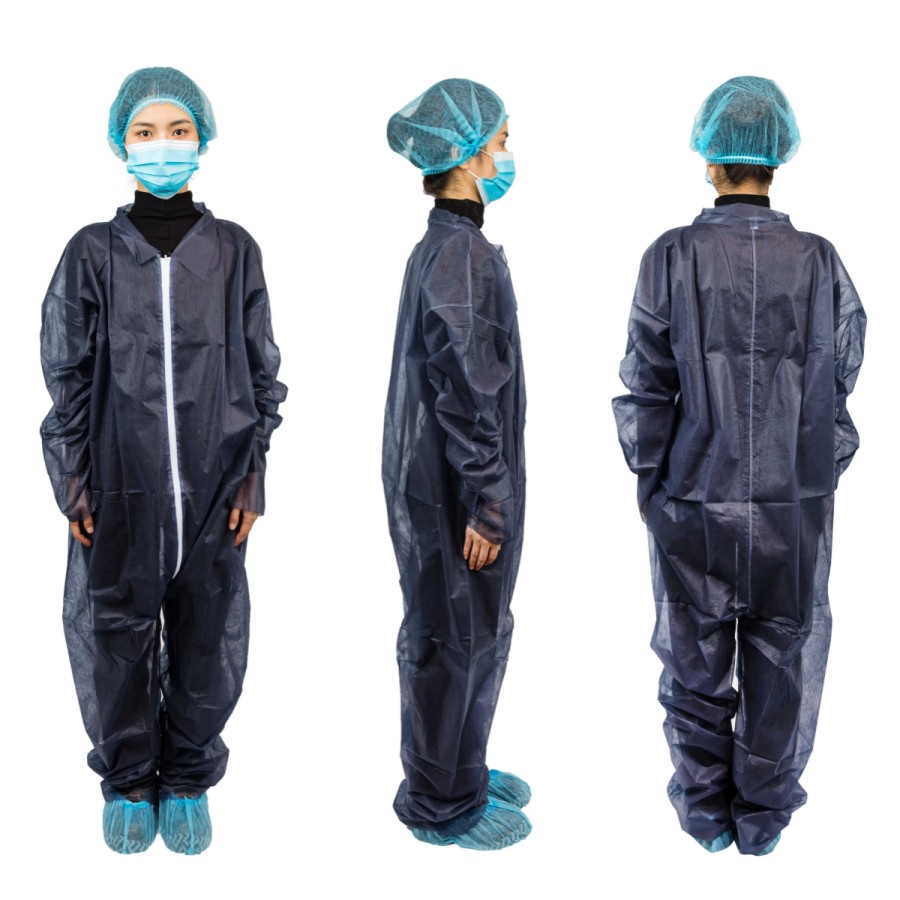When it comes to caring for patients, 병원 그리고 clinics need the best tools. One important tool is heavy-duty disposable bed pads. These are special pads placed on beds to keep them clean and dry. But not all pads are the same. Let’s look at what makes some better than others for medical places. I’ll help you pick the right ones!
Why Do Hospitals and Clinics Need These Pads?
In medical settings, keeping things clean is a big deal. These pads protect beds from spills or leaks. They help patients feel comfy and safe. Plus, they stop germs from spreading by being thrown away after use. So, which things should you look at when choosing these pads? Let’s find out!
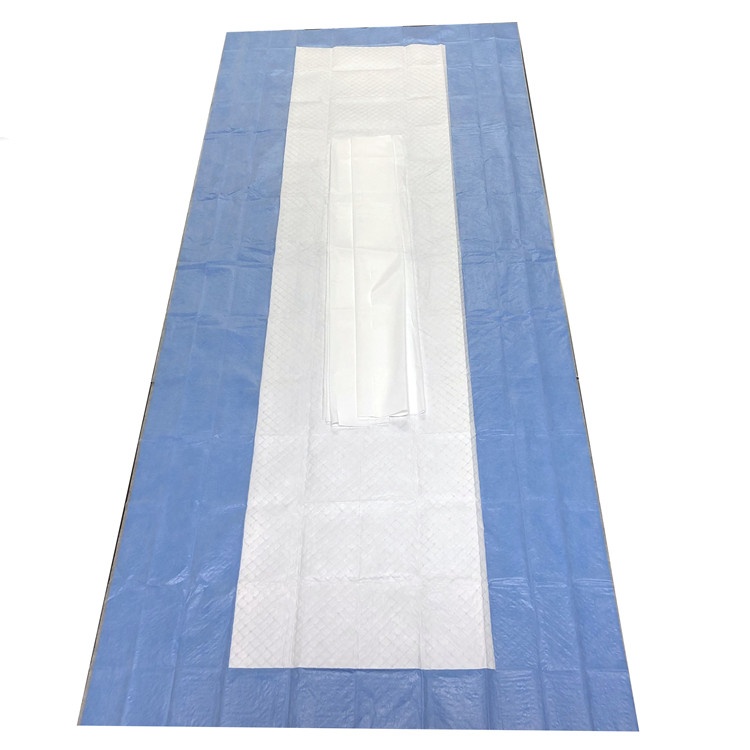
Key Things to Look for in Bed Pads
There are a few big features to think about when picking heavy-duty disposable bed pads. Here’s a list of what matters most:
- Absorption Power: This means how much liquid the pad can soak up. Good pads hold a lot without leaking. This keeps beds dry even if there’s a big spill.
- Size and Coverage: Pads come in different sizes. Some cover just a spot, while others cover a big area. You need ones that fit the beds in your place.
- Strength and Durability: These pads should not rip easily. Strong pads can handle a lot of use without breaking. This is important for patients who move a lot.
- Comfort for Patients: Pads must feel soft. Hard or rough ones can hurt skin. Soft pads help patients rest better.
- Leak Protection: Some pads have extra layers to stop leaks. This keeps the bed safe from getting wet or messy.
For a great option that fits these needs, check out extra large disposable bed pads. They cover a wide area and soak up lots of liquid!
How Absorption Makes a Difference
The best pads can take in a huge amount of liquid fast. Imagine spilling a whole glass of water. A good pad grabs that water before it runs off the edge. This is super important in 병원 where quick clean-ups stop bigger problems. Look for pads that soak up fast and hold tight.
If you’re looking for something with high soaking power, take a peek at disposable absorbent under pad for adult and child. It’s made to handle lots of liquid!
Why Size and Fit Are Important
Not all beds are the same size. Some are wide, some are narrow. If a pad is too small, it won’t cover enough. If it’s too big, it might bunch up and be uncomfy. Measure your beds and pick pads that match. Full coverage means no spots are left open to messes.
Strength for Tough Use
In busy medical spots, pads get pushed around a lot. Patients turn and shift. If a pad tears, it can’t do its job. Pick heavy-duty ones made of strong stuff. These last longer even under pressure. It saves you time and money since you won’t replace them often.
Keeping Patients Comfy
Patients in clinics 또는 병원 need to feel good. A pad that’s rough can make their skin sore. Soft, gentle pads are the way to go. They let patients rest without feeling itchy or bad. Think of it like choosing a cozy blanket over a scratchy one. Comfort counts!
Stopping Leaks with Smart Design
Nobody wants a wet bed. Some pads have special sides or layers to lock in liquid. This is called leak protection. Even if the pad gets full, it won’t let anything slip out. This keeps everything tidy and safe for everyone around. Look for pads with this smart trick.
For added safety, try disposable bed pads with adhesive strips. They stick in place so they won’t slide and cause leaks!
Other Things to Think About
Besides the big stuff, a few extras can help you decide on pads. Here’s what else to check:
- Easy to Throw Away: Pads should be simple to get rid of after use. This keeps your space clean without extra hassle.
- Amount You Get: Buying in big packs can cost less. Make sure you have enough for all your needs without running out.
- Skin Safety: Some pads are made to be kind to skin. This helps stop rashes or sores, which is key for long stays.
How to Pick the Best Pads for Your Needs
Choosing the right pads means matching them to what your place needs most. Do you deal with lots of spills? Go for super soaking ones. Have active patients? Pick strong, tough pads. Think about your daily work and what helps the most. Maybe mix a few types for different beds.
For another good choice, look at waterproof bed covers. They add extra safety against leaks!
Wrapping It Up with Cost and Care
While all these features are awesome, you also gotta think about cost. Some pads might be pricier but last through tougher jobs. Cheaper ones might need changing more often. Balance the price with how well they work. Saving a few bucks isn’t worth it if patients aren’t safe or comfy.
Also, train your team on using pads right. Make sure they know how to put them on beds and take them off safely. This keeps everyone protected and makes the pads do their best work.
Final Thoughts on Bed Pads
Picking heavy-duty disposable bed pads 에 대한 병원 그리고 clinics is a big job. Focus on soaking power, size, strength, comfort, and leak safety to find winners. These pads aren’t just sheets; they guard health and ease for patients and workers.
Take your time to test different ones. See what fits your needs best. With the right pads, you’ll keep your place running smooth and clean. And that’s a win for everyone! If you want more options, explore disposable medical bed sheet for added bed protection.



